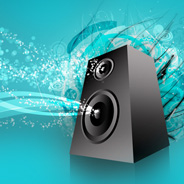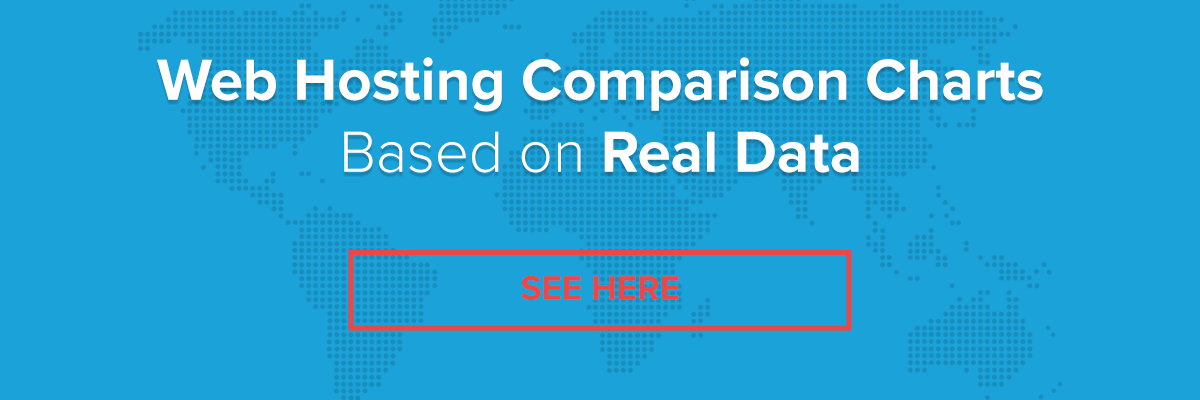


8 Responses
Leave a Reply
Comment Rules: Please use a real name or alias. Keywords are not allowed in the "name" field and deep URLs are not allowed in the "Website" field. If you use keywords or deep URLs, your comment or URL will be removed. No foul language, please. Thank you for cooperating.
Markdown in use! Use `backticks` for inline code snippets and triple backticks at start and end for code blocks. You can also indent a code block four spaces. And no need to escape HTML, just type it correctly but make sure it's inside code delimeters (backticks or triple backticks).

I couldn’t agree more!
Ah ah ah… I expected a very long article!
Very funny!
However I agree.
I also think this is all about embedded sound in web pages.
So we should stop audiocasting and videocasting? I don’ t think so.
@TC:
There are exceptions to every rule. Those types of “embedding” you mentioned are under the control of the user, which is fine in most cases.
What about musician websites?
As a live music lover, I go to a musician’s website for one thing: to hear what they sound like. I want it to play right away, and I want it to work.
It infuriates me to go to a musican’s formal, official, ‘designed’ website and have an impossible time digging to the music section, selecting a track, finding out I don’t have the right codec, etc.
Then I find the same musician on a ghetto myspace page and can actually hear what they play. And it plays immediately. Without. any. hassle.
I was really hoping this article had some best practices for including audio across various user agents. Hell, I even bookmarked it before I started reading.
What I wasn’t looking for was someone sharing their opinion with no explanation or caveat.
Impressive Webs not too impressive with this post.
I would have to disagree. and here’s the reason: [link removed] (turn sound on)… I think for the majority of the web though, we should have the choice to hear sounds, not be forced to hear them.
this might become an issue when html5 is released